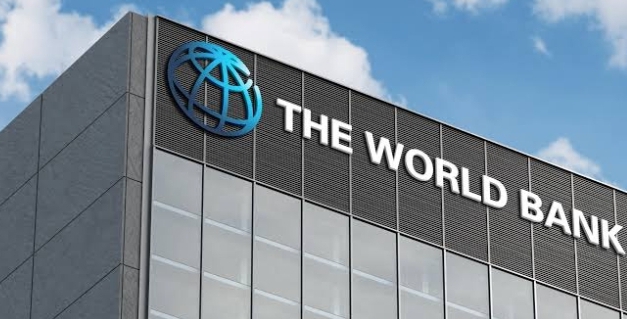THURSDAY April 3, 2025 |
By thenewsdesk.ng
The World Bank has authorized three financing operations, totaling $1.08 billion in concessional loans, to support pivotal sectors within Nigeria, encompassing education, nutrition, and economic resilience.
The allocated funds are intended to elevate educational quality, reinforce household and community stability, and enhance nutritional outcomes for marginalized populations throughout the nation.
According to a statement released by the World Bank on Wednesday, the approved financial aid is designed to strengthen the bank’s extensive outreach and impact in Nigeria, particularly in light of the prevailing economic challenges exacerbated by the government’s economic reforms initiated in 2023.
The $1.08 billion funding package is segmented into three primary areas: $500 million in supplemental financing will be directed towards the Community Action for Resilience and Economic Stimulus (NG-CARES) Programme, aimed at fortifying household and community resilience.
An additional $500 million will be channeled into the Hope for Quality Basic Education for All (HOPE-EDU) initiative, focused on improving educational standards across Nigeria.
The remaining $80 million will be allocated to support the Accelerating Nutrition Results in Nigeria (ANRIN 2.0) project, which targets the enhancement of nutritional standards for underserved demographics.
The World Bank’s funding is strategically positioned to play a crucial role in mitigating the adverse effects of economic reforms and bolstering the nation’s capacity to address critical developmental imperatives.
The NG-CARES program, initially conceived as a response to the COVID-19 pandemic, will now be leveraged to support economic recovery and resilience amidst ongoing economic adjustments.
The HOPE-EDU initiative is projected to significantly improve educational outcomes by prioritizing quality enhancements within the foundational education system.
The ANRIN 2.0 project will tackle the pressing issue of malnutrition, particularly among vulnerable populations, contributing to improved health and well-being.
Related posts
Categories
- Advertisements (1)
- Agriculture (45)
- Breaking News (26)
- Business (597)
- Crime (983)
- Education (318)
- Entertainment (128)
- Features (13)
- For The Records (43)
- Foreign News (1,184)
- Health (219)
- Home News (332)
- Interview (9)
- Judiciary (348)
- Lifestyle (140)
- Local News (111)
- National News (1,446)
- Opinion (26)
- Politics (1,001)
- Religion (156)
- Science and Technology (125)
- Security (676)
- Sports (877)
- States' News (812)
- Transportation (326)
- Uncategorized (10)

